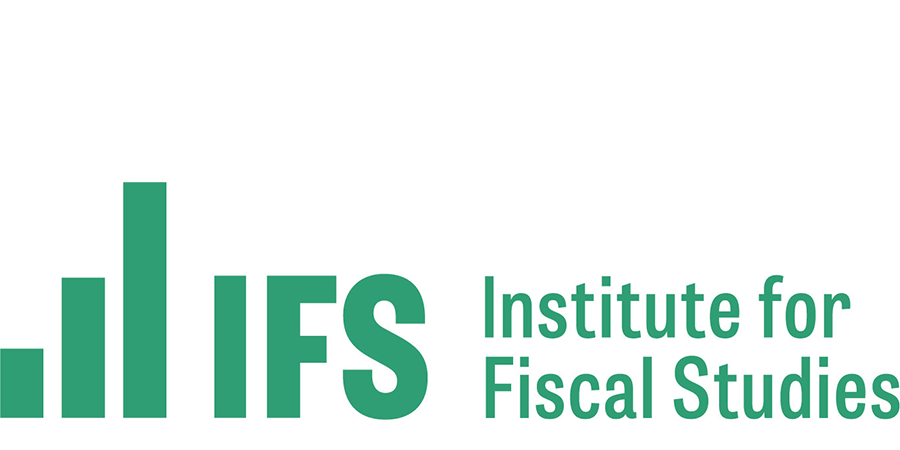IFS to government: Review contracts in extractive sector to reverse GHC20 billion annual loss
A comparative study conducted by IFS reveals Nigeria and Botswana are earning 51% and 65% respectively from oil revenue while Ghana is getting only 16%.

The policy think tank argues the country is earning less from the extractive sector because of the state of existing contracts.
The Institute for Fiscal Studies (IFS) is projecting Ghana could rake in GHC20 billion annually from the extractive industry if all existing agreements in the sector are reviewed.
A comparative study conducted by IFS reveals Nigeria and Botswana are earning 51% and 65% respectively from oil revenue while Ghana is getting only 16%.
The policy think tank argues that the country is earning less revenue from the extractive sector because of the current state of existing contracts .
Speaking with Nana Yaa Mensah on The Asaase Breakfast Show on Wednesday (1 September), an economist with IFS, Dr Adu Owusu Sarkodie, called for a national dialogue in reviewing the existing agreements.
“…We started on a wrong note that we entered into contracts as if we are giving our natural resources which is a national asset freely to the private sector. That our asset is in your hand, go and mine the gold and come and render accounts to us,” Sarkodie said.
“That is where we got it wrong, we should have owned the resources. As we speak, we don’t own the resources, per the contracts that we have signed, Ghana has given away the resources to the private sector. The private sector will do anything that they want with the minerals and then they pay royalties and income tax to us,” he added.
Dr Sarkodie, who doubles as a lecturer at the Department of Economics at the University of Ghana, said the government can start implementing the recommendations of IFS going forward.
“The argument that we are having now is about existing contracts plus future discoveries… for any mineral that we discover from now onwards, it seems the government can go by our recommendations.
“But the existing contracts if possible we can go back and renegotiate and ask them for increment in our interest if it will not cost us. But we have to be diplomatic,” he said.


